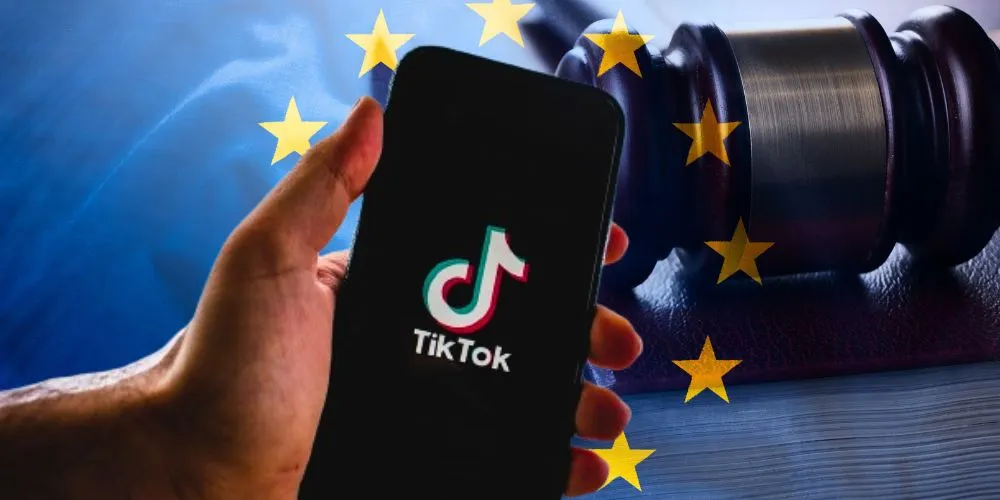Key Points
- TikTok faces lawsuits from 13 U.S. states and Washington, D.C., accusing the platform of harming youth.
- The lawsuits claim TikTok uses addictive software to keep children engaged, negatively affecting their mental health.
- TikTok is also accused of operating an unlicensed money transmission business and facilitating sexual exploitation.
- TikTok denies the allegations, stating it has strong safeguards for teens and parents.
TikTok is facing a fresh wave of legal challenges. On Tuesday, 13 U.S. states and the District of Columbia filed lawsuits accusing the popular social media platform of harming young people and failing to adequately protect them. The lawsuits, filed separately in New York, California, and Washington, D.C., expand the ongoing legal battle between TikTok and U.S. regulators.
The lawsuits allege that TikTok, which is owned by the Chinese company ByteDance, has developed intentionally addictive software aimed at keeping children and teenagers engaged for prolonged periods. The complaints argue that the app’s design encourages social media addiction, which has detrimental effects on young users’ mental health. California Attorney General Rob Bonta stated, “TikTok cultivates social media addiction to boost corporate profits,” accusing the company of targeting vulnerable children who cannot set healthy boundaries around content consumption.
The lawsuits also claim that TikTok misrepresents the effectiveness of its content moderation, allowing harmful material to reach young users. New York Attorney General Letitia James pointed out that many young people are facing mental health struggles due to their addiction to platforms like TikTok, which are designed to keep users scrolling for as long as possible to increase ad revenues.
Washington, D.C. Attorney General Brian Schwalb added that TikTok operates an unlicensed money transmission business through its live streaming and virtual currency features. He further alleged that TikTok’s platform is “dangerous by design,” accusing the company of facilitating the sexual exploitation of underage users through these same features. The lawsuit describes TikTok’s live streaming and virtual currency services as operating like a “virtual strip club with no age restrictions.”
In response, TikTok has denied the allegations, asserting that the platform offers “robust safeguards for teens and parents” and strongly disagrees with claims that it has failed to protect children. The company filed a court motion on Monday rejecting these accusations.
The lawsuits come amid increasing scrutiny of TikTok’s influence on young people. In March 2022, eight states investigated TikTok’s impact on youth nationwide. In August 2023, the U.S. Department of Justice sued the platform for allegedly failing to protect children’s privacy. Several other states, including Utah and Texas, have previously filed similar lawsuits. These latest lawsuits contribute to the mounting pressure on TikTok and ByteDance, battling a U.S. law that could lead to a nationwide ban on the app.




